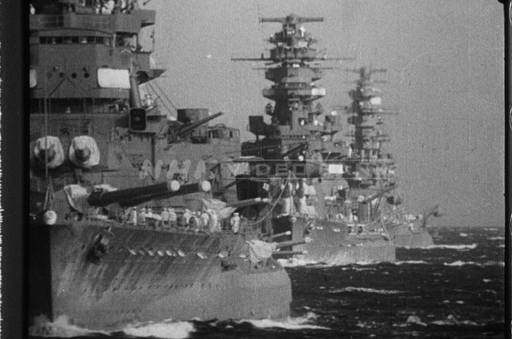

Why did the Ottomans only invade Constantinople in 1453 and not before? The Ottoman Empire, led by Sultan Muhammad II, successfully captured Constantinople in 1453, ending the Byzantine Empire. Several factors contributed to the timing of the Ottoman invasion in 1453 rather than earlier:
Leadership and Military Capabilities:
Mehmed II, also known as Mehmed the Conqueror, played a crucial role in the Ottoman victory. His military prowess and strategic abilities were significant factors in the success of the siege. The Ottomans had developed a formidable army and navy under Mehmed’s leadership, making them better prepared for the conquest.
Technological Advancements:
The Ottomans made effective use of advanced military technology, including large cannons and artillery, during the siege of Constantinople. This technological advantage gave them an edge in breaching the city’s walls, which had previously been considered impregnable.
Geopolitical Context:
By the mid-15th century, the Byzantine Empire was weakened and had lost much of its territory to various invaders. Constantinople had become increasingly isolated, and the Ottomans saw an opportunity to expand their empire and solidify their control over the strategic Bosporus Strait.
Economic and Military Considerations:
The Ottomans may not have considered Constantinople a top priority earlier due to other military campaigns, economic factors, or internal challenges. As the Ottoman Empire strengthened and became more centralized, the conquest of Constantinople became a strategic objective.
Constantinople’s Vulnerability:
Over time, Constantinople faced challenges, including internal strife, economic difficulties, and political instability. These factors weakened the city’s defenses and made it more vulnerable to external threats.
In summary, a combination of military, technological, geopolitical, and internal factors contributed to the Ottoman decision to invade Constantinople in 1453. The timing aligned with the empire’s growing strength and the perceived weaknesses of the Byzantine Empire at that particular moment in history




